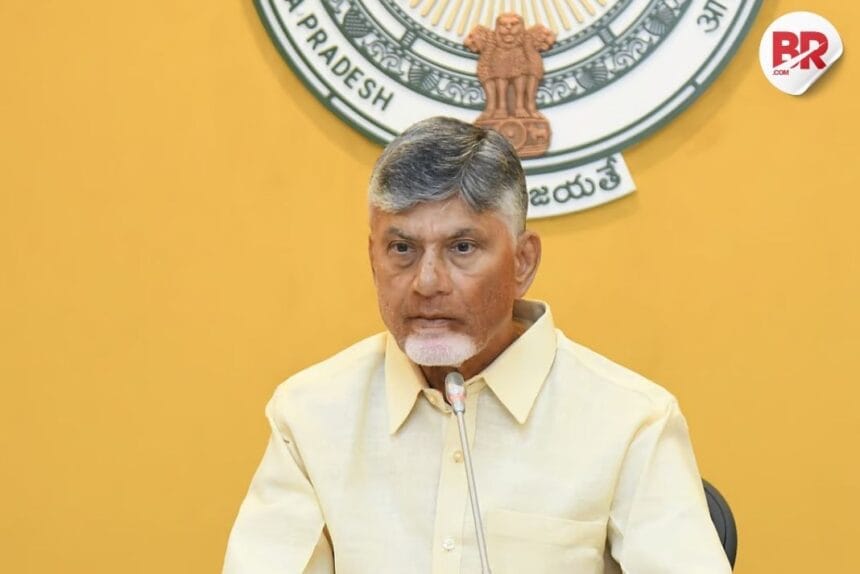In a high-level meeting that could shape public health policies in Andhra Pradesh, officials from the Indian Council of Medical Research (ICMR) met with Chief Minister Nara Chandrababu Naidu to discuss the state’s health situation. The key takeaway? There is no immediate public health threat.
But why was this meeting necessary? And what does this assurance mean for the people of Andhra Pradesh? Let’s break it down.
What Was Discussed in the Meeting?
The ICMR, India’s top medical research body, has been closely tracking health trends in Andhra Pradesh. Amid rising concerns about potential outbreaks, the officials presented their findings to CM Naidu, reassuring him that no alarming health risks currently exist.
Here’s what they highlighted:
- No Outbreaks Detected: Extensive monitoring shows no unusual spike in diseases.
- Strong Healthcare Systems: Andhra Pradesh’s medical infrastructure is well-prepared.
- Preventive Measures in Place: Vaccination drives and sanitation efforts are ongoing.
The discussion wasn’t just about calming nerves—it was about proactive planning. The ICMR emphasized that while there’s no crisis, vigilance remains crucial.
Why This Assurance Matters
In today’s world, misinformation spreads faster than viruses. A single rumor can trigger panic, leading to unnecessary stress and even economic disruptions.
By publicly clarifying that Andhra Pradesh faces no immediate health threat, the ICMR and the state government are:
- Preventing unnecessary fear
- Ensuring people rely on official updates
- Keeping healthcare services running smoothly
This kind of transparent communication builds trust between authorities and citizens.
Also Read: Inside Tata’s Big Bet: Why a ₹15,000 Cr IPO Now?
What’s Next? ICMR’s Action Plan
Even though there’s no emergency, the ICMR isn’t taking any chances. Here’s what they’re focusing on:
1. Enhanced Disease Surveillance
- Real-time tracking of infections.
- Early warning systems for outbreaks.
2. Strengthening Public Awareness
- Educating people on hygiene and vaccinations.
- Debunking myths about diseases.
3. Research on Emerging Health Risks
- Studying new pathogens.
- Preparing for future challenges.
4. Collaboration with Local Authorities
- Training healthcare workers.
- Improving emergency response systems.
This multi-layered approach ensures Andhra Pradesh stays ahead of any potential health crisis.
What Should the Public Do?
While experts are doing their part, citizens also play a role in keeping the state safe. Here’s how:
- Stay Updated – Follow only official health advisories.
- Get Vaccinated – Keep immunizations up to date.
- Maintain Hygiene – Wash hands, sanitize, and avoid crowded places if sick.
- Report Symptoms Early – Don’t ignore persistent fever, cough, or other warning signs.
Prevention is always better than cure.
No Need to Panic, But Stay Alert
The ICMR’s reassurance is a green signal for normalcy, but it doesn’t mean complacency. Andhra Pradesh’s healthcare system is robust, and authorities are keeping a close watch.
For now, the message is clear: There’s no immediate health threat, but staying informed and cautious is the best way forward.
Also Read: 10 Drug Users in Kerala Test Positive for HIV After Sharing Syringes




